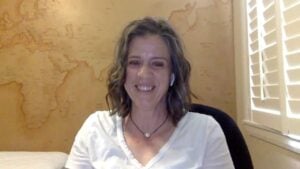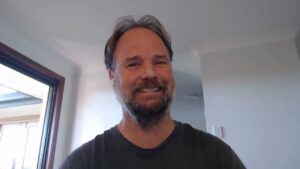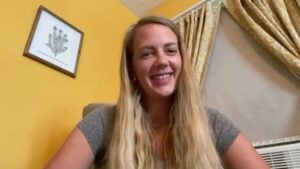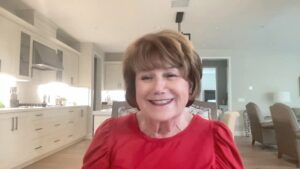How Amber stopped trying to fix sleep — and insomnia stopped being the boss (#77)
Amber is a nurse, a mom, and someone used to solving problems. So when insomnia showed up, she did what she’d always done — researched, optimized, tightened her routine, and worked harder to fix things.
Nothing helped. Nights felt lonely and exhausting. Days started revolving around sleep.
Then she discovered a different way forward. Not controlling sleep, but moving away from the struggle. Not forcing calm, but allowing thoughts and anxiety to be there while focusing on actions that truly mattered. In this episode, Amber shares how flexibility, patience, and small everyday choices helped her move out of the fight — and back into her life.










